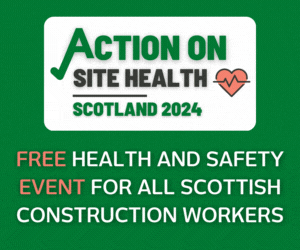UK faces dearth of skilled professionals, warns RICS

A new report by the Royal Institute of Chartered Surveyors (RICS) warns of an “unprecedented global change” to be faced by the built environment sector up to 2030.
The report, titled Our Changing World: Let’s be ready, examines how global social and economic changes will require new skills, business models and responses to developing technologies over the next 15 years.
RICS chief executive officer Sean Tompkins said RICS was trying to play an “important role as a catalyst to bring people and organisations together” to face the challenges.
The organisation’s report identifies six areas of action geared to the short- and medium-term that will support the profession and the sector for the challenges and opportunities anticipated over the next decade and a half.
It says UK employers will have to attract new talent to solve the dearth of skilled professionals in the land and built environment sectors, and investment in infrastructure development would be essential to support the trend towards urbanisation.
Sean Tompkins said: “As a body that represents many of the professional disciplines so integral to the built environment, RICS can play an important role as a catalyst to bring people and organisations together, support businesses and ensure professionals in the built environment develop and further build on the skills needed to remain relevant in the future.
“We recognise that we cannot not achieve this alone, it’s about collaboration – this report is an open invitation for firms, organisations and individuals who want to help ensure our sector is fit for future generations.”
Report author and RICS director of strategy Dan Cook said: “The thing that has struck me during this work is the fast pace of change that we are seeing. Our sector will need to invest more in its people and new skills. Boosting leadership, innovation, ethics, sustainability and commercial acumen will help our sector be able to adapt and succeed as business models, technology and societal expectations change.”
He added: “With the rise in use of tools such as Building Information Modelling increasing our capacity to collect and share data, new technology emerging in both our built and natural environments such as the Internet of Things and 3D printing, standing still is not an option. Professions like ours, educators and firms will need to change to embrace roles and skills that have not even been imagined today in the period to 2030.”





















